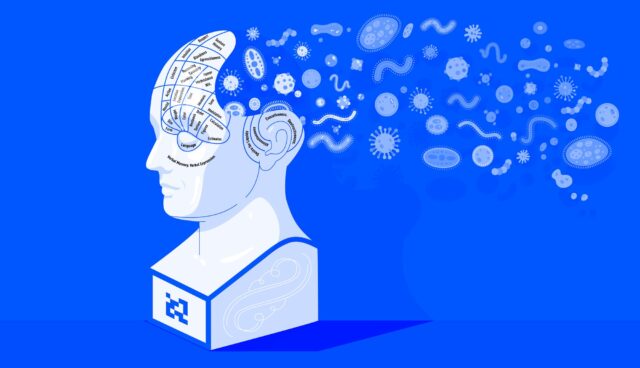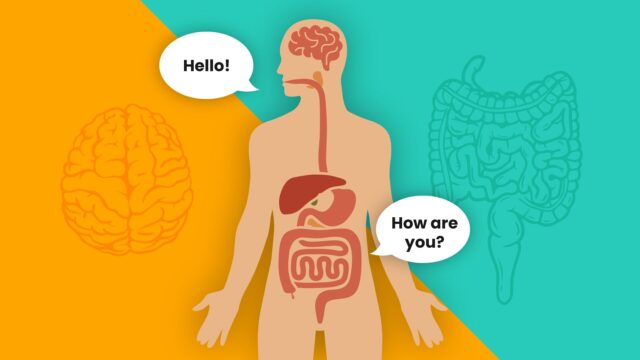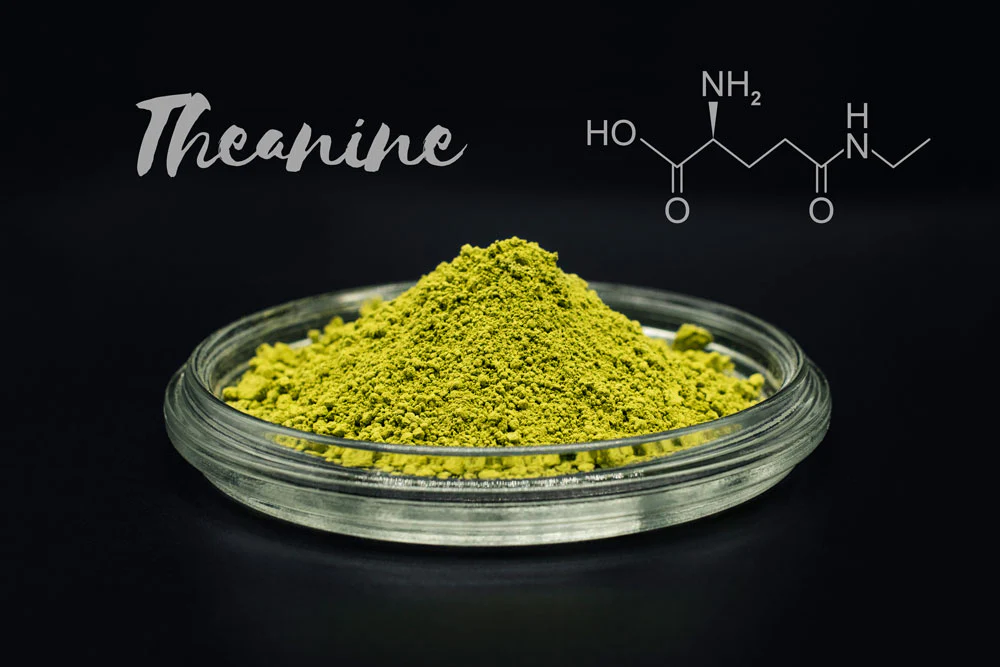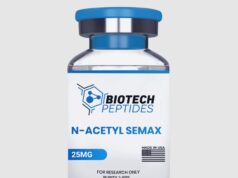
Holistic wellness is the comprehensive approach to understanding and addressing the interconnectedness of our physical, mental, and emotional well-being. Supplements, while not a replacement for a balanced diet and lifestyle, can play a pivotal role in supporting mood, gut health, and brain function.
Pro Tip: Always consult with a healthcare professional before starting any new supplement regimen.

Enhancing Mood
The intricate relationship between our gut and brain plays a significant role in determining our mood. This connection, often termed the “gut-brain axis,” emphasizes how the health of our digestive system can influence our mental state.
For instance, certain strains of probiotics, such as Lactobacillus helveticus and Bifidobacterium longum, have been shown to promote a healthy gut microbiome, which in turn supports lower cortisol levels, enhanced calmness, and reduced anxiety. These probiotics also contribute to the production of essential neurotransmitters like serotonin, GABA, and dopamine, vital for maintaining a positive mood and overall well-being.
Key mood-boosting supplements include:
- Omega-3 fatty acids: Essential for brain health and have anti-inflammatory properties.
- Vitamin D: Often referred to as the “sunshine vitamin,” it can uplift mood, especially in those with Vitamin D deficiency.
- B vitamins: Play a crucial role in neurotransmitter synthesis and energy production.
Fun Fact: Did you know that a significant portion of the body’s serotonin, often termed the “feel-good hormone,” is produced in the gut?
For a deeper understanding of mood-enhancing supplements, you might want to check out the happy juice review, which provides insights into products that support mental well-being.

Nurturing Gut Health
The health of our gut profoundly impacts our overall well-being. A balanced gut can aid digestion, boost immunity, and even influence our mood. Supplements can be a valuable ally in maintaining gut health:
- Probiotics: Live beneficial bacteria that support a healthy gut microbiome. Products like MentaBiotics combine probiotics with prebiotics and phytobiotics to optimize mental wellness.
- Prebiotics: Non-digestible fibers that feed the beneficial bacteria in our gut.
- Digestive enzymes: Aid in breaking down food components for better nutrient absorption.
Pro Tip: Fermented foods like yogurt, kimchi, and sauerkraut are natural sources of probiotics.
Optimizing Brain Function
In today’s fast-paced world, cognitive health is more crucial than ever. It determines our ability to focus, make decisions, and process information. Supplements can offer support in this domain:
- Caffeine and L-theanine: A combination found in green tea, it can enhance alertness without the jitters.
- Ginkgo Biloba: An ancient herb known to support memory and cognitive function.
- Bacopa Monnieri: Traditionally used in Ayurvedic medicine, it’s recognized for its potential to enhance brain function.
Fun Fact: The combination of caffeine and L-theanine, as found in green tea, provides an alertness boost without the typical caffeine crash.

Synergistic Effects and Combinations
The world of supplements is vast, and understanding how they interact can be the key to unlocking their full potential. Some, when taken together, can have synergistic effects, enhancing their individual benefits.
For instance, a study on dietary supplements revealed that combining probiotics and prebiotics can have protective effects against Type 2 Diabetes by regulating gut microbiota. This emphasizes the importance of understanding supplement interactions to maximize their benefits.
- Understanding interactions: Just like medications, supplements can interact with each other. It’s essential to know these interactions to avoid any adverse effects and to harness their combined benefits.
- Crafting a personalized regimen: Everyone’s body is different. What works for one person might not work for another. It’s crucial to tailor your supplement intake based on your individual needs and health goals.
- Avoiding excessive intake and potential risks: More doesn’t always mean better. Overloading on supplements can lead to toxicity and other health issues. Always adhere to recommended dosages and consult with a healthcare professional.
Pro Tip: When considering multiple supplements, research their interactions. Some combinations can enhance their effects, while others might negate them.
Lifestyle Factors for Enhanced Benefits
While supplements can provide a boost, they work best when combined with a healthy lifestyle.
- The role of balanced nutrition and hydration: A well-rounded diet provides essential nutrients that supplements might not offer. Staying hydrated aids in nutrient absorption and overall bodily functions.
- Regular physical activity’s impact on efficacy: Exercise can enhance the benefits of certain supplements by improving blood flow, aiding in absorption, and boosting overall health.
- Sleep quality and its influence on holistic wellness: A good night’s sleep allows the body to recover and process the benefits of supplements taken throughout the day.
Fun Fact: Did you know that regular exercise can enhance the body’s antioxidant defenses, making antioxidant supplements even more effective?

Seeking Professional Guidance
Before embarking on any supplement regimen, it’s paramount to seek expert advice.
- Consulting healthcare experts before use: they can provide insights into which supplements are right for you and how they might interact with any medications you’re taking.
- Tailoring choices to individual health needs: Not all supplements are suitable for everyone. Some might benefit more from certain supplements based on their health conditions or goals.
- Monitoring for any adverse reactions: If you notice any unusual symptoms after starting a new supplement, it’s essential to consult with a healthcare professional immediately.
Pro Tip: Always keep a list of all the supplements you’re taking. This can be invaluable when discussing your regimen with a healthcare provider.
FAQ
How do I know which supplements are right for my specific needs?
While general research can provide insights, individual needs can vary. It’s essential to consult with a healthcare professional who can assess your health status, goals, and any potential interactions with medications you might be taking.
Are there any natural food sources that can offer the same benefits as these supplements?
Yes, many are derived from natural food sources. For instance, omega-3 fatty acids can be found in fatty fish like salmon, and probiotics are abundant in fermented foods like yogurt and kimchi. However, supplements can provide a concentrated dose that might be challenging to achieve through diet alone.
How long should I take a supplement before expecting to see results?
The duration can vary based on the supplement and the individual. Some might experience benefits within a few days, while others might need weeks or even months. It’s crucial to monitor how you feel, and again, consulting with a healthcare professional can provide guidance on what to expect.

Conclusion
Achieving optimal wellness is a journey that requires a multi-faceted approach. While supplements can be powerful tools in supporting mood, gut health, and brain function, they should be used in tandem with a balanced lifestyle.
By understanding their effects, interactions, and the role of other lifestyle factors, we can harness their full potential in our quest for holistic well-being.









